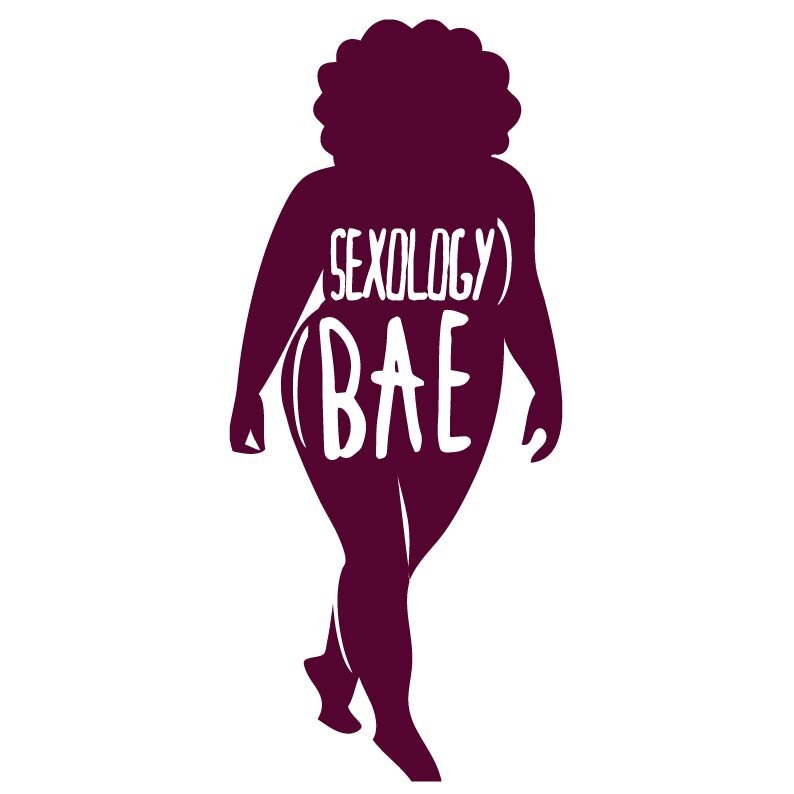Welcome to the first post of the “Sexology Bae Says” Series! Here, I answer questions readers ask me through the “Ask Sexology Bae!” link. All questions are as anonymous as you make them, and a great way to give me content suggestions or ask me things if you want my perspective. My Instagram and Twitter are also a great way to connect with me.
The following was sent to me by a reader: “[The phrase] ‘Explore your sexuality’ is so overused that I don't even know what it means. I know the process is different for all, but what questions do you even ask yourself to begin?”
I love this question for a few different reasons and I completely agree with the sentiment. Access to the internet has allowed us to form community, meet people with different identities, and help us discover and validate our own.
This is absolutely gorgeous, but queer identity is not the end all, be all of sexual exploration.
Source: theqmmunity.tumblr.com
At the same time, an unfortunate byproduct of this kind of discourse is that it unintentionally conflates sexual exploration with queerness, kink and/or promiscuity—as in you have to have queer sexual experiences, a “hoe phase” of some sort , or develop an affinity for bondage gear in order to truly know who you are as a sexual being. This isn’t true, of course, but it is messaging that I know I saw pretty frequently growing up. This also contributes to asexual erasure because there’s an implication that you have to be interested in sex in the first place to understand your sexuality!
The internet, for all its benefits, has a tendency to take a perfectly fine concept and run in into the ground and grind it into dust. I feel like sexuality discourse falls victim to this at times, too. A lot of the times, I feel like the idea of exploration is left intentionally vague by sex educators to avoid coming off prescriptive—that is, instructing people on what they should or should not do.
Most sex educators try to present information for folks to absorb so they can do with it what they see fit. But like the question states, what if you have no clue where to start?
My first piece of advice is to take a sexual self-inventory. What are you definitely interested in, kind of interested in, and not really interested in sexually? Thinking about the multitudes of ways that humans can experience sexual pleasure that isn’t just from “sex” is also super important when trying to understand your sexuality. Think about what you think would feel good to experience in the context of a sexual situation and go from there, because there aren’t really wrong answers.
You shouldn’t feel like you have to do a particular activity to make your sexuality valid either. When there’s something you’re not interested in, you don’t have to do it because it seems like everyone is doing it and you feel left out because you’re not into it. For example, there’s a social renaissance about ass-eating (or analingus) right now. Personally, I can take it or leave it. I wasn’t into it before it became popular and I’m still not now that it is. I’m not going to pressure myself into doing something I have no desire to try just because it’s cool now.
On the flip side, you should feel secure in the sexual interests you do have, as long as they’re ethical, all parties are able to consent, and expectations are clear ahead of time (especially when other people are involved).
Like I mentioned above, you also don’t need to engage in sex at all to better understand your sexuality. Exploring, for you, can be learning the methods of masturbation that are most pleasurable, or what kind of porn you like, or if you’re into kink. You don’t need to overthink it.

